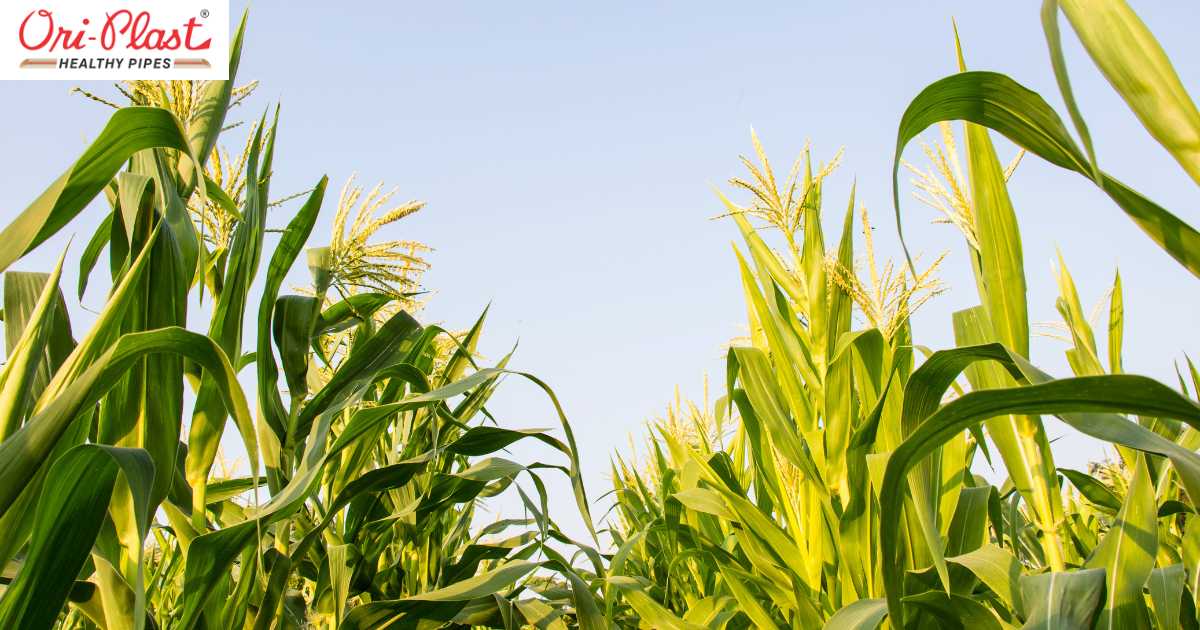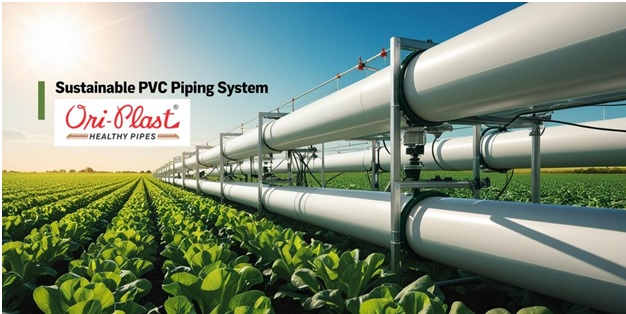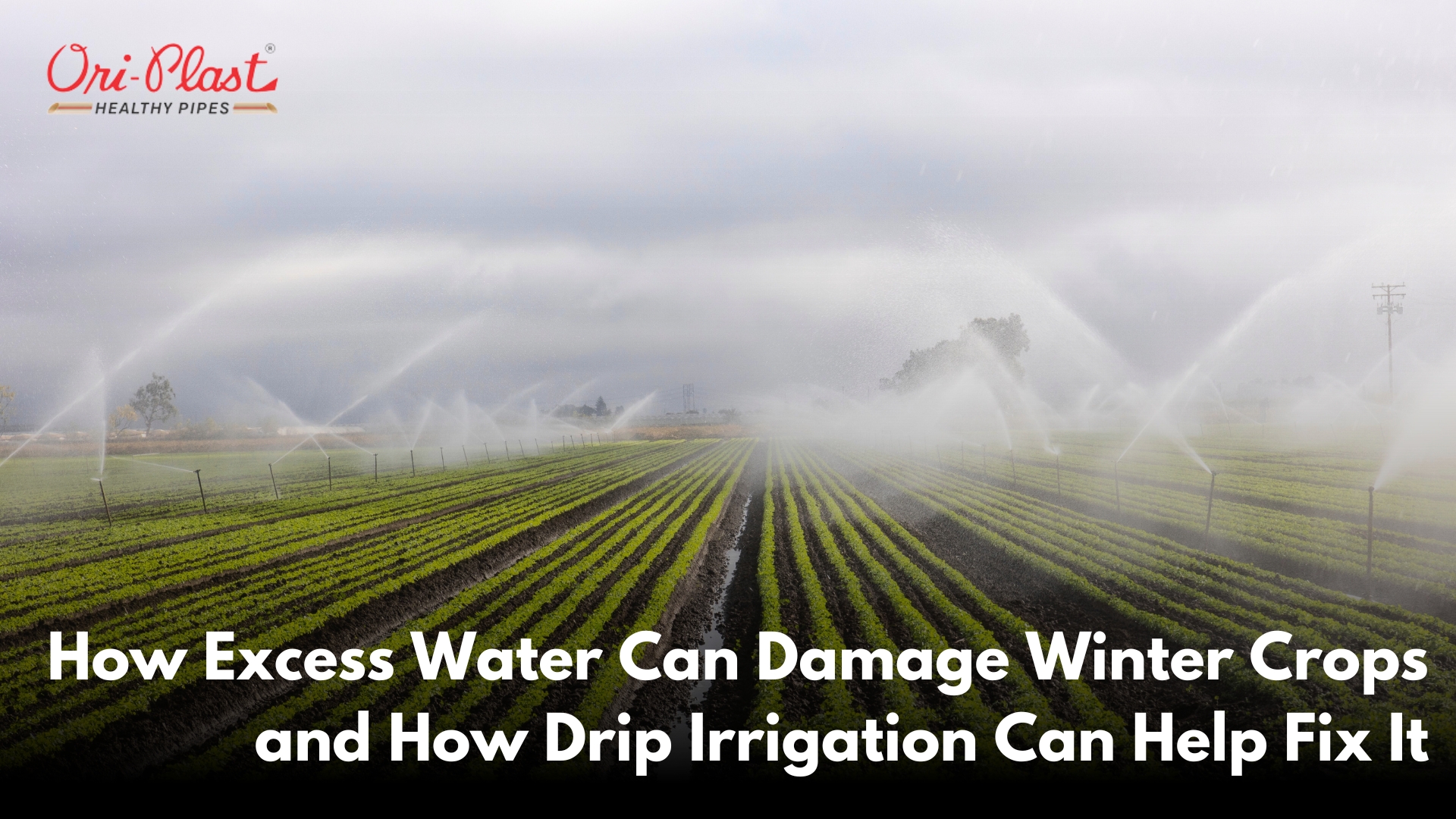Irrigation systems are an essential component of agriculture and horticulture in India, and their importance is not limited to the warmer months. Winter, especially in certain regions of India, poses unique challenges and opportunities for agriculture, making irrigation systems crucial year-round. Here, we discuss the importance of irrigation systems in India during the winter season.
1. Rabi Crop Cultivation:
In India, the winter season is associated with the Rabi crop season, which includes crops like wheat, barley, mustard, and pulses. These crops are sown in the winter months and require sufficient moisture for germination and early growth. An irrigation system is essential to ensure these crops receive the necessary water, as rainfall during this period is often inadequate.
2. Temperature Control:
During the winter months, especially in North India, there are occasional frosty nights and cold spells. Irrigation systems can be used to provide temperature control through practices like drip irrigation. This can help prevent frost damage by keeping the soil and plants slightly warmer. Controlled irrigation can mitigate the risk of frost affecting crops.
3. Water Resource Management:
Effective irrigation management in winter is critical for optimal utilization of water resources. India faces water scarcity issues, and managing water efficiently, even during the winter season, is essential. Irrigation systems help regulate water use, preventing wastage and ensuring that water is distributed precisely where it is needed.
4. Early Planting and Growth:
In regions with mild winters, such as parts of South India, some crops can be planted early in the winter season. Irrigation systems enable farmers to initiate crop growth during the winter months, thereby extending the growing season and increasing agricultural productivity.
5. Orchards and Horticulture:
Fruit trees and orchards require care even during the winter. Irrigation systems can be used for controlled watering to prevent dehydration of trees. Drip irrigation and other methods are employed to provide the necessary moisture for tree health and fruit production.
6. Soil Moisture Conservation:
Irrigation systems are used not only for providing water but also for conserving soil moisture. Adequate moisture levels in the soil help in preventing soil degradation and maintaining its fertility, which is crucial for sustainable agriculture.
7. Livestock and Pasture Management:
Irrigation systems are not limited to crop production. They also play a role in maintaining pasturelands for livestock. Livestock need access to water year-round, and irrigation systems ensure a continuous water supply, even in the winter.
8. Microclimate Control:
Irrigation systems can create a microclimate within a farm or garden. This is particularly relevant for horticultural crops where temperature and humidity control is essential. Microclimate control can protect crops from harsh winter conditions and improve yields.
9. Sustainable Farming Practices:
Modern irrigation systems, such as drip and sprinkler systems, allow for precise and efficient water distribution. This promotes sustainable farming practices by reducing water wastage, conserving resources, and minimizing the environmental impact of agriculture.
In India, where agriculture is a significant contributor to the economy and a vital source of livelihood for millions of people, the importance of irrigation systems in the winter months cannot be overstated. These systems ensure food security, sustainable water resource management, and the overall well-being of the farming community. Properly managed irrigation systems are the backbone of Indian agriculture and play a pivotal role in providing consistent and reliable support to farmers throughout the year, including the winter season.




